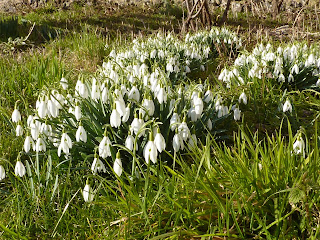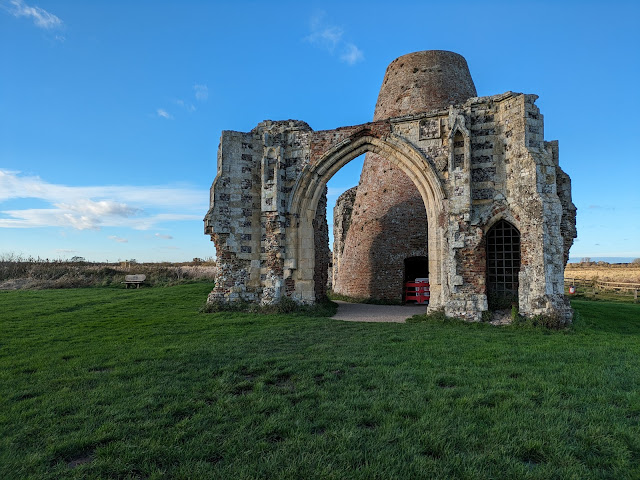Consider the Flowers at Hethel
The people of Hethel want you to use their
church and the surrounding area for your spiritual well-being. Their notice board and their entry on the www.achurchnearyou.com website make it equally clear. You couldn’t be
more warmly welcomed!
If you were looking for a place to
heed Jesus’ call to “ Come away to a deserted place all by
yourselves and rest a while.’ (Matt.6.31), or to “Consider the lilies, how they grow.”
(Luke 12.27) All Saints’, Hethel would
suit your needs perfectly.
Next door to the church is the country’s
smallest nature reserve with the country’s oldest Hawthorn tree. It is
inevitable that someone should have claimed it as having sprung from Joseph of
Arimathea’s staff but it is only 700 year old!
Across the
road from the church, maps and a series
of way marks invite you to saunter round Permissive Footpaths through woods and
pastures. In April the last of the snowdrops and primroses lined the way. By
the beginning of May there will be a profusion of bluebells! In the churchyard snowdrops, give way to wild daffodils, while
the star of the summer flowers - at
their best in June - are pyramidal
orchids. Lots of them !
(The writer understands that orchids are no more the work of God’s hands than a daisy! But Solomon
in all his splendour was not arrayed as one of these!)
Norfolk Wildlife Trust’s Wymondham Nature Group, manage the churchyard in ways that encourage
wildflowers. Considering the flowers for them means a working party to mow after
the
flowers have bloomed and then raking up all the hay and cuttings.
Inside the church there are some resources to help visitors thoughts and
prayers. The website gives wise advice about being still in the presence of
God.
“....... you could begin to listen to the sounds
around you: your breathing, bird song, the wind, the silence. Simply focus on
each one for a short time until your mind has slowed down and you are present
to this moment, this place and your time with God now.
Thou shalt know him
when he comes,
not by any din of drum, nor the vantage of airs
nor by anything he wears,
neither by his crown nor his gown.
For his presence known shall be
by the holy harmony
that his coming makes in thee.
not by any din of drum, nor the vantage of airs
nor by anything he wears,
neither by his crown nor his gown.
For his presence known shall be
by the holy harmony
that his coming makes in thee.
(15th century poem)”







Comments